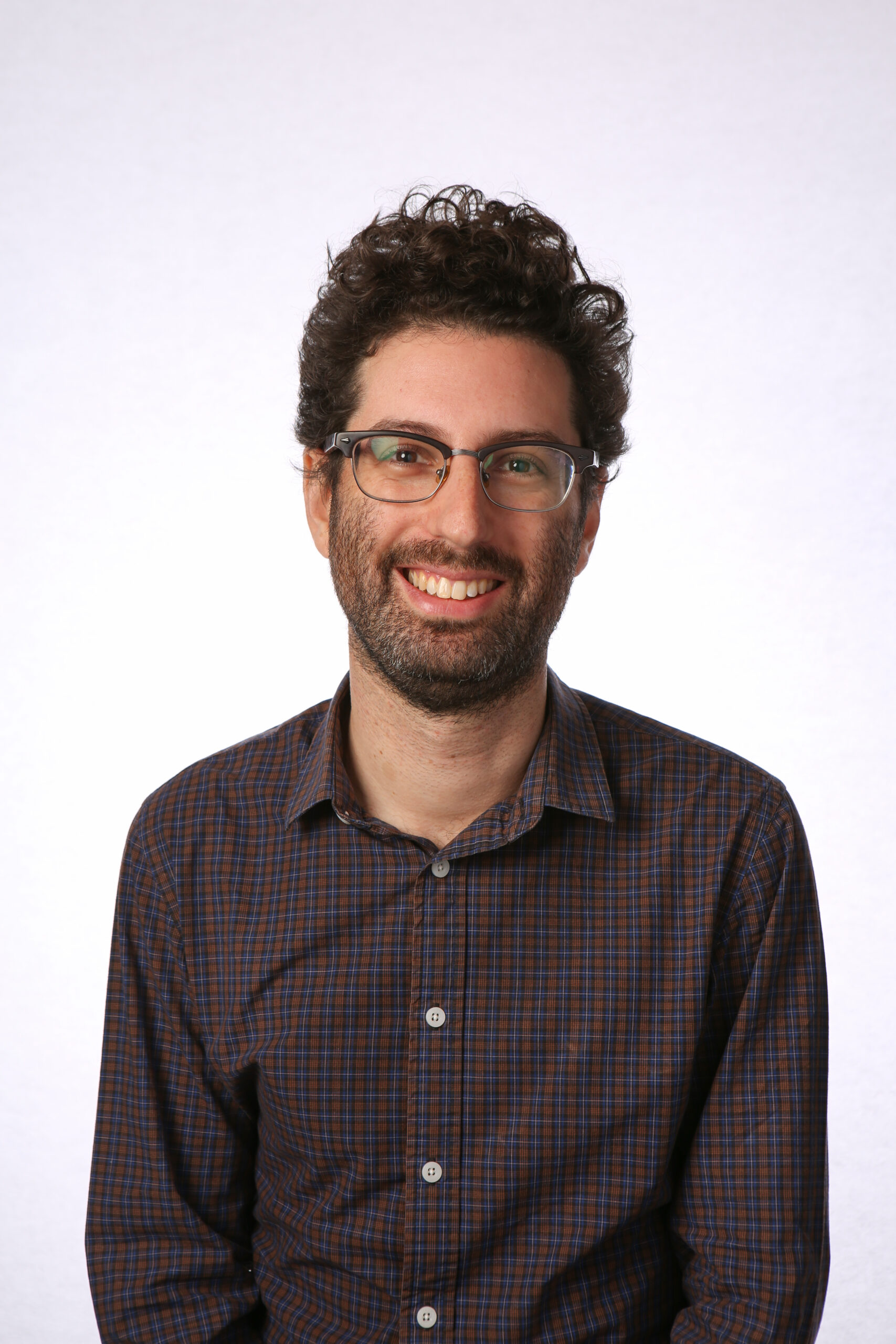Dr Ben Silverstein and Dr Mike Jones, School of History
 One consequence of moving to remote delivery of classes was the stretching of collegial relationships amongst and between students and staff. We were convening a small discussion-based Honours and Masters level class titled ‘Seminars in Advanced Historiography’ in Semester One, and this attenuation of contact was worrying. One key aim of Honours and Masters pedagogy is to provide a transformative space and opportunity for students, who hopefully experience a shift in their identity to become members of disciplinary research communities. How, we worried, could we create a transformative space without the benefits of face-to-face teaching and learning? Would students be able to relate to each other and the teaching staff ways conducive to more than just knowledge transfer? How could we help students to survive the pandemic not just biologically, but socially as part of a research community? In this short talk, we will discuss some of the ways we sought to build and encourage that sense of community amongst a student group that was increasingly dispersed, and which contained students who were facing a diverse range of other obligations and stresses as COVID-19 spread globally.
One consequence of moving to remote delivery of classes was the stretching of collegial relationships amongst and between students and staff. We were convening a small discussion-based Honours and Masters level class titled ‘Seminars in Advanced Historiography’ in Semester One, and this attenuation of contact was worrying. One key aim of Honours and Masters pedagogy is to provide a transformative space and opportunity for students, who hopefully experience a shift in their identity to become members of disciplinary research communities. How, we worried, could we create a transformative space without the benefits of face-to-face teaching and learning? Would students be able to relate to each other and the teaching staff ways conducive to more than just knowledge transfer? How could we help students to survive the pandemic not just biologically, but socially as part of a research community? In this short talk, we will discuss some of the ways we sought to build and encourage that sense of community amongst a student group that was increasingly dispersed, and which contained students who were facing a diverse range of other obligations and stresses as COVID-19 spread globally.
Speaker Bio
Dr Ben Silverstein is a Postdoctoral Research Fellow in the School of History, working on the ARC Laureate Fellowship program titled ‘Rediscovering the Deep Human Past’, which seeks to engage with the long duration of Indigenous history in Australia. He has taught in Indigenous Studies and History across several universities. His first book Governing Natives: Indirect Rule and Settler Colonialism in Australia’s North was published by Manchester University Press in 2019.
Dr Mike Jones is an archivist, historian, and collections consultant. He has a background in art history, and over a decade of experience working with the GLAM sector (galleries, libraries, archives, and museums) on digital, archival, and public history projects. In December 2018 he completed his PhD in History at the University of Melbourne’s School of Historical and Philosophical Studies (conferred in April 2019). The resulting thesis, Documenting Artefacts and Archives in the Relational Museum, is an interdisciplinary look at the history of computerisation in museums, the interconnectedness of archives and museum collections, and the ways in which collections-based knowledge is conceptualised, captured, and managed by large collecting institutions.
